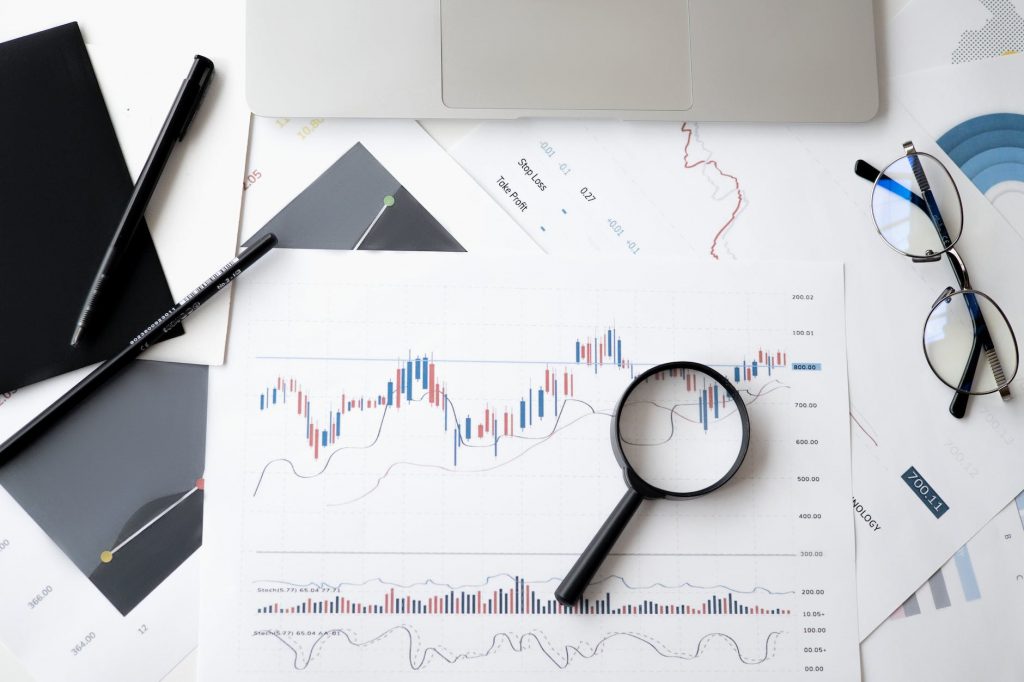Which is the Best Market to Trade?

The foreign exchange (Forex) market is the largest and most liquid financial market in the world. With daily transactions exceeding $5 trillion, it dwarfs the stock and bond markets. Why is this significant? Because the Forex market’s vast size and global reach means it underpins and influences all other markets. But the real question here is, “Which is the best market to trade?” The answer can be found in a deeper understanding of the Forex market.
Forex Market: The Core of Global Trade
The Forex market plays a fundamental role in the global economy. It is where currencies are exchanged, enabling international trade and investments. For instance, if an American company wants to buy a product from Japan, it has to pay in yen, and that’s where Forex Trading comes in. This constant need to exchange currencies is why the Forex market is open 24 hours a day, five days a week.
Influence on Other Markets
The Forex market’s influence goes beyond facilitating global trade. Forex rates fluctuate based on several factors, including economic indicators, interest rates, political stability, and overall economic health. Therefore, these fluctuations can affect other markets, such as commodities and equities.
For example, when a country’s currency is strong, its goods and services become more expensive for foreign buyers, thus affecting global trade balances and, subsequently, stock and commodities markets. Conversely, a weak currency can make a country’s exports more attractive, boosting its economy and potentially raising its stock market.
Forex Market vs. Other Markets
So, which is the best market to trade? There isn’t a one-size-fits-all answer to this question because it depends on several factors, including your financial goals, risk appetite, and market knowledge. However, the Forex market does offer some unique advantages:
- Accessibility: The Forex market is open 24 hours a day, making it accessible for traders across different time zones.
- Liquidity: Due to its gigantic size, the Forex market offers superior liquidity, meaning you can buy and sell currencies without much price distortion.
- Leverage: The Forex market provides high leverage, meaning you can trade large amounts of money with a small initial deposit.
However, it’s important to note that the Forex market’s high leverage can also amplify losses. So, it’s crucial to understand the risks and equip yourself with the right knowledge and tools before diving into Forex trading.
Conclusion
In conclusion, the Forex market underpins all other markets due to its size, global reach, and influence over trade and economic factors. It offers several advantages that make it a candidate for the best market to trade. However, choosing the best market to trade ultimately depends on individual goals, knowledge, and risk tolerance.
Lastly, whether you decide to trade Forex, stocks, commodities, or any other market, remember that education, patience, and discipline are the keys to successful trading.

